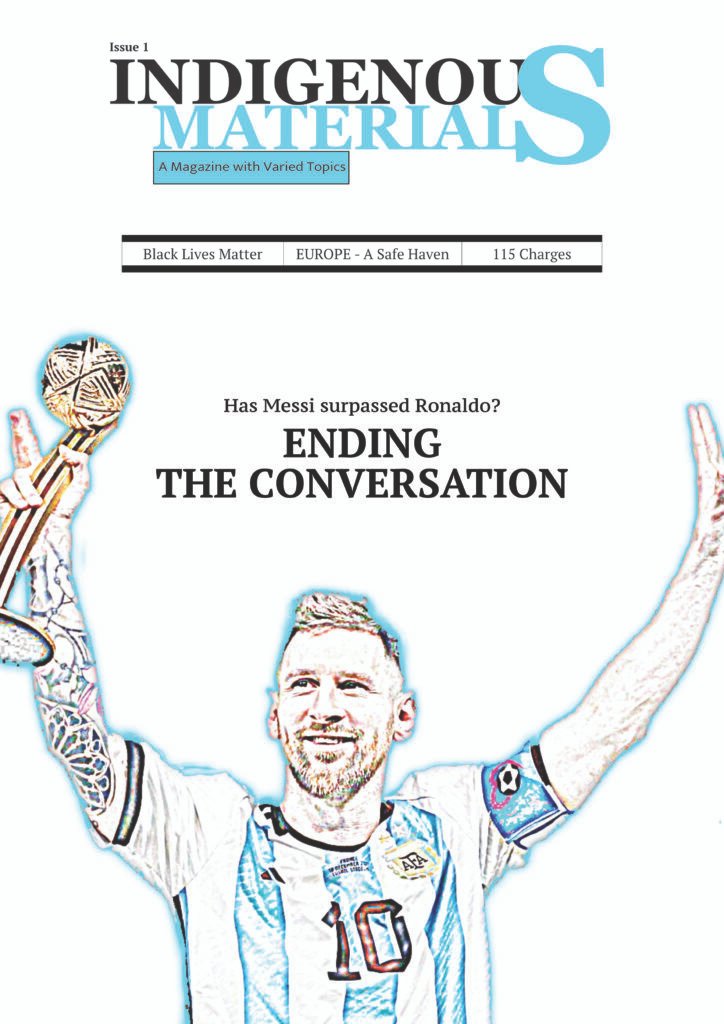The Programme without Interconnectedness
The term “pandemic” is no longer confined to the spread of disease; it has evolved into a psychological and social phenomenon. In a modern context, it can also refer to the systems and narratives that influence collective behaviour and mindsets, creating widespread conformity. A pandemic, in this sense, becomes a programme; one that affects individual autonomy and reconfigures societal structures under the guise of unity and safety.
In 2019, the world was introduced to a novel virus, COVID-19, a respiratory illness that quickly developed into a global crisis. Initially dismissed by some as a flu-like mutation, its threat was not taken seriously until it reached Western countries. By early 2020, the alarm spread across Europe and North America, prompting governments to declare national emergencies. Lockdowns, school closures, and self-isolation became the new norm as the public was urged to stay home to protect health services and vulnerable populations.
At the outset, the pandemic offered an unexpected opportunity for reflection and personal growth. Many began pursuing long-neglected goals: launching side businesses, redesigning their homes, or focusing on physical and mental well-being. The UK’s Furlough scheme provided financial relief, paying 80 per cent of wages to those in shuttered sectors like hospitality. Despite the isolation, a sense of unity emerged briefly.
But that spirit soon began to fray. Public trust waned as government messaging grew inconsistent and, in some cases, contradictory. Protests erupted in response to prolonged lockdowns, and people began questioning the legitimacy of restrictions that were, to many, starting to feel more political than protective.
The UK’s ‘Eat Out to Help Out’ scheme aimed to stimulate the economy but also reignited debate over the handling of the crisis. As the government slowly reopened society, many felt relief, but also resentment. For some, the relaxation of rules was long overdue; for others, it came too late, or was mishandled altogether.
Central to the controversy was the rapid development and rollout of COVID-19 vaccines. Typically requiring several years of research and trials, these vaccines were brought to market in just 18 months. While hailed by many as a scientific triumph, others questioned the speed and scope of the rollout. Concerns were raised about the lack of public discourse around holistic health measures such as diet, exercise, and immune support; issues that were largely absent from official health campaigns.
Tensions escalated when vaccines became a requirement for employment, particularly within the UK’s NHS and care sectors. The resulting societal split between the vaccinated and unvaccinated sparked fierce debate and fractured communities. Families were divided. Social interactions grew strained. In some circles, vaccine status became a prerequisite for basic engagement, fuelling alienation and resentment.
Meanwhile, large-scale protests took place across global cities, often under-reported by mainstream media. Protesters questioned the government’s transparency and accused officials of manipulating data and enforcing rules that were not always followed internally; most notably highlighted by the scandal surrounding Downing Street gatherings during lockdown.
By 2022, the government pivoted toward a strategy of herd immunity, relaxing restrictions and withdrawing vaccine mandates. The abrupt shift led many to question the consistency of public health policy. Why, critics asked, were such extreme measures implemented if the end goal was to live with the virus?
The pandemic’s legacy is complex. While some argue that drastic actions saved lives, others feel that the erosion of personal freedoms and community cohesion left deeper scars. There is no denying that COVID-19 took lives and devastated families. Yet, the handling of the crisis marked by policy U-turns, inadequate communication, and coercive tactics also demands scrutiny.
Crucially, in a democratic society, individuals must retain the right to make informed decisions about their health. Encouraging critical thinking, promoting diverse voices, and protecting civil liberties should never be casualties of crisis management. The pandemic taught us that unity cannot be manufactured through pressure or fear; it must be cultivated through trust, respect, and open dialogue.
As we reflect on the past few years, one lesson stands above all: in times of uncertainty, the strength of society lies not in blind conformity, but in the ability to remain connected through empathy, autonomy, and collective responsibility.



